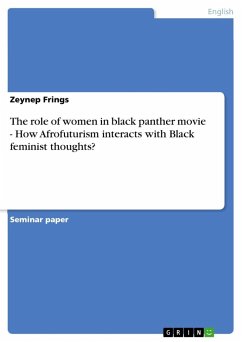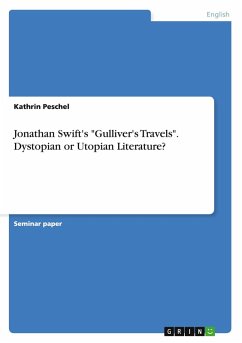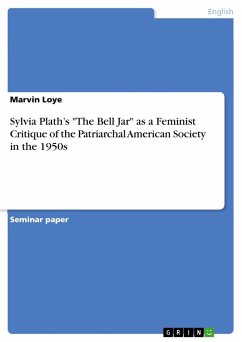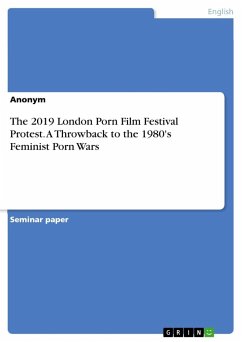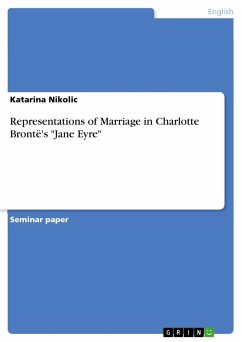Bachelor Thesis from the year 2019 in the subject English Language and Literature Studies - Literature, grade: 1,8, University of Bonn, language: English, abstract: This paper examines how Gilman contrasts her imagined utopia with reality, and thereby creates a reversal of gender hierarchies. It elaborates primarily on the topics of education, labour distribution and motherhood ¿ which will be consecutively investigated with regard to their utopian representation in Gilman's "Herland", as well as the author's theoretical work regarding each subject. The reformist mindset that followed the rapid industrialization and urbanization of the US-economy during the turn of the 20th century led to a re-emergence of utopian literature (Bartkowski 7). Following the success of Edward Bellamy's Looking Backward 2000-1887 (1888), utopian novels gained in importance and popularity as a medium for discussing issues resulting from the radical changes occurring at the time. Not only did they reflect the country's prevalent dissatisfaction with deficient political, economic and social conditions, but they also provided a platform for writers to explore alternative structures beyond the limits of reality. For feminist writers, the utopia enabled them to envision emancipation from patriarchal structures and challenge prevailing gender hierarchies. Charlotte Perkins Gilman is ranked among the most influential voices of the feminist reform movement of the Fin de Siècle, and is best known for her utopian novel "Herland" (1915). She herein thematizes the issue of gender inequality through an isolated and thriving all-female society and pictures the possibilities that would arise for women without the limitations of patriarchy.
Hinweis: Dieser Artikel kann nur an eine deutsche Lieferadresse ausgeliefert werden.
Hinweis: Dieser Artikel kann nur an eine deutsche Lieferadresse ausgeliefert werden.

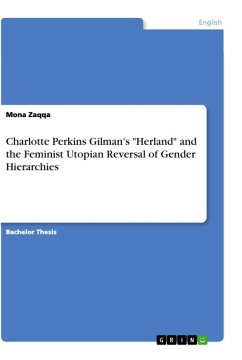
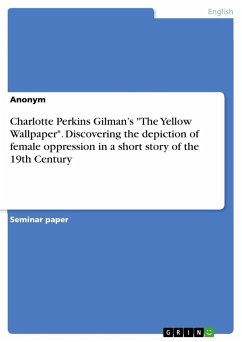
![[De]constructing Identities in/through Sex Education [De]constructing Identities in/through Sex Education](https://bilder.buecher.de/produkte/69/69504/69504084n.jpg)
